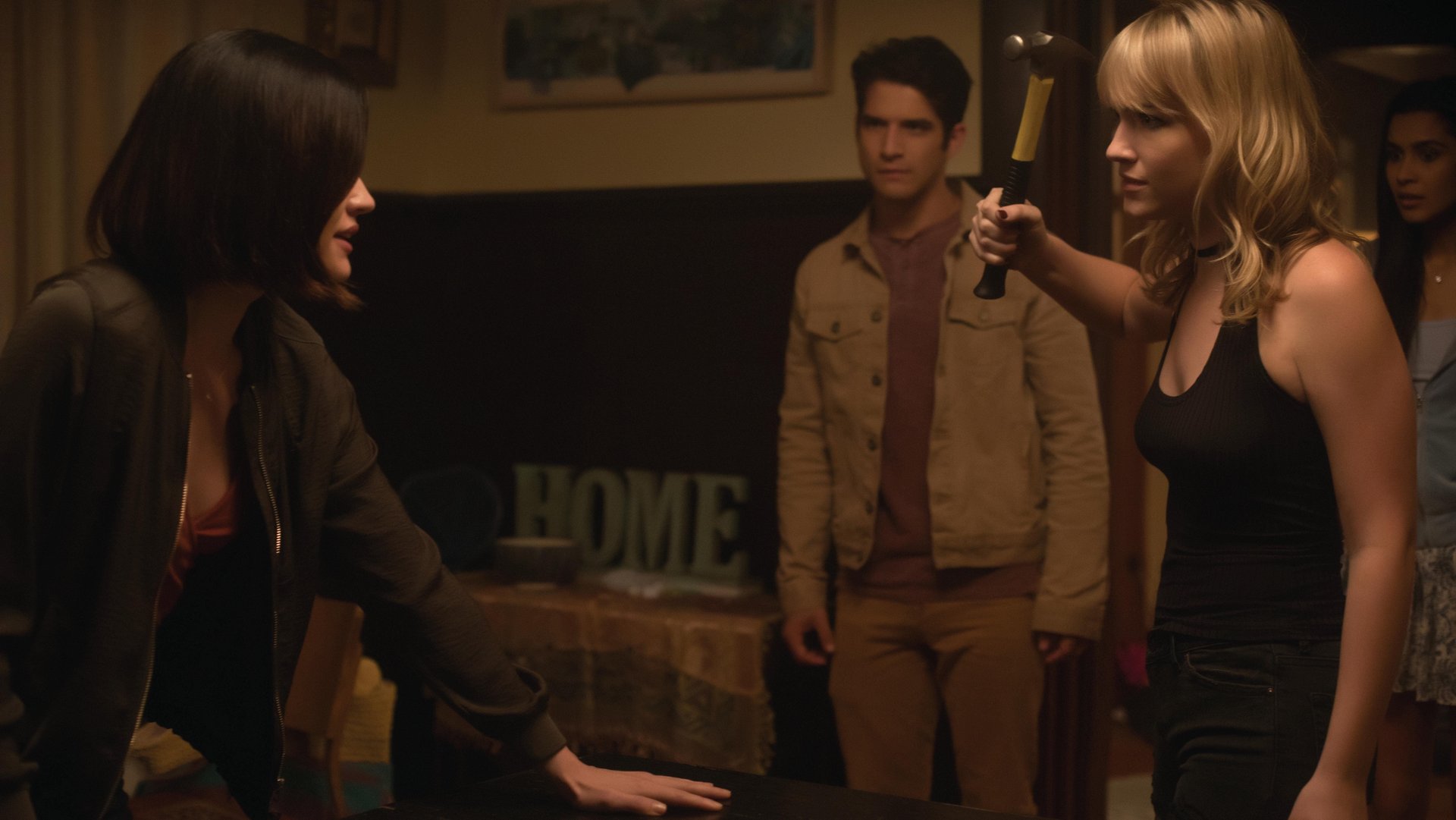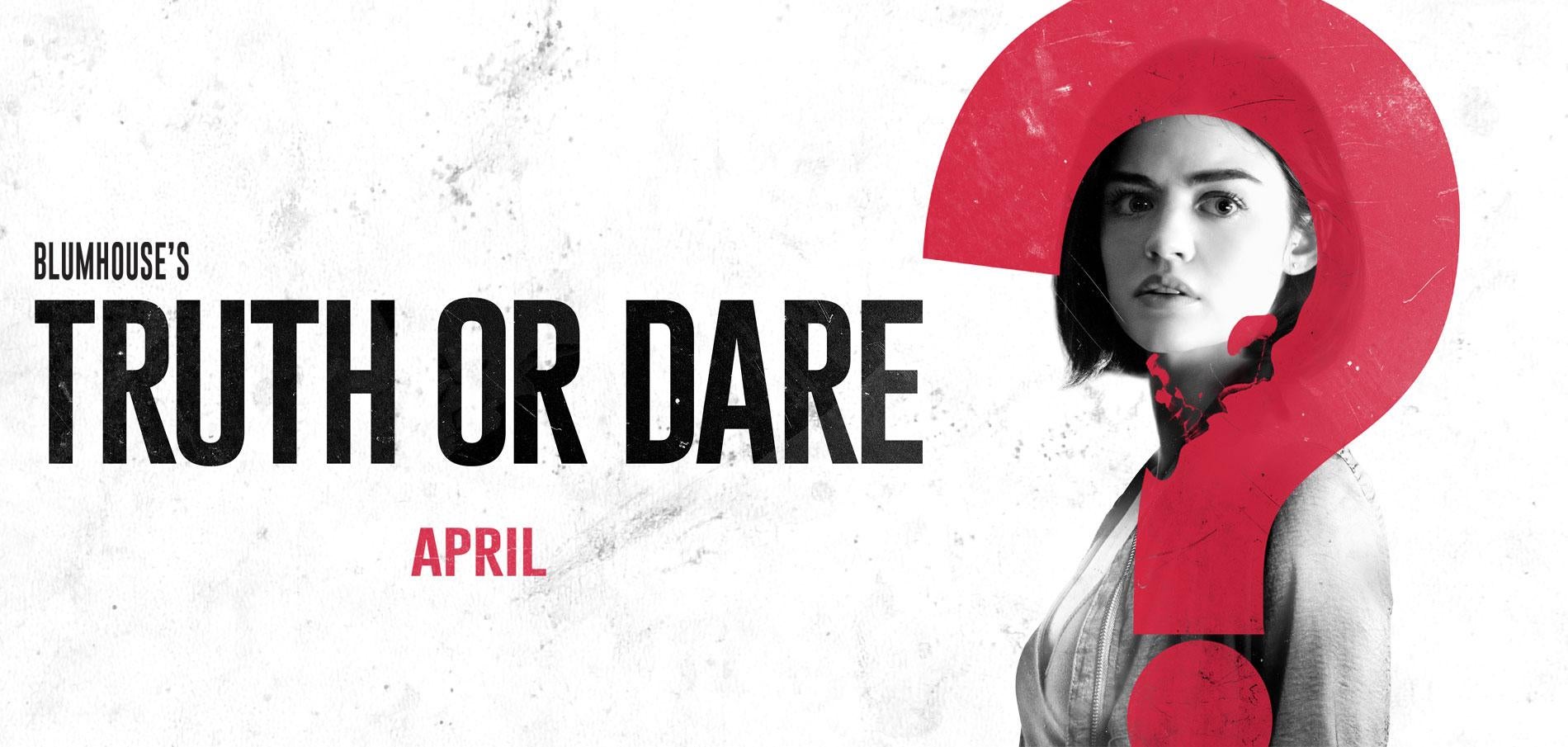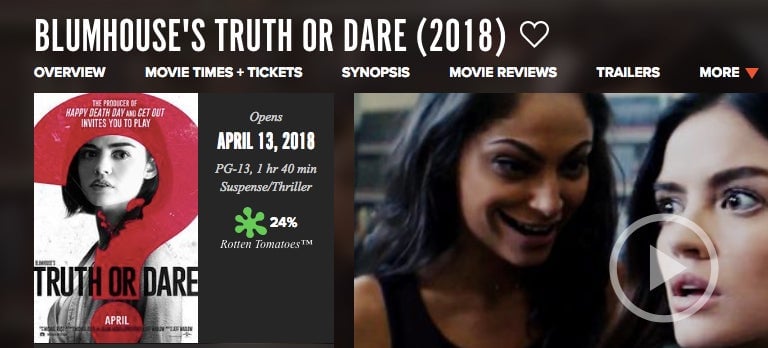The indie horror company disrupting Hollywood now bills itself as the star
Have you noticed anything strange about the marketing for the upcoming horror film Truth or Dare?


Have you noticed anything strange about the marketing for the upcoming horror film Truth or Dare?
Check out one of its posters:

Or its billing on ticket vendor sites like Fandango:

Or the Universal Pictures web page for the film (as well as the URL of its official web site):

Not only is indie film company Blumhouse Productions front and center in all of the film’s promotional material, but it appears to be literally part of the actual title. Never just “Truth or Dare,” always “Blumhouse’s Truth or Dare.”
What exactly is Blumhouse? Founded by the film producer Jason Blum, Blumhouse is a production house that specializes in developing micro-budget films (usually of the horror variety). In 2014, it signed a 10-year first-look deal with Universal Pictures, which has already yielded some mega-hits. Does Get Out or Split ring a bell?
Not all of Blumhouse’s movies are hits. In fact, most of them aren’t. But that’s part of the strategy. The company throws a bunch of $4-5 million darts at the wall, and if one them sticks, it finances many more dart throws. Jordan Peele’s Get Out was made for $4.5 million and raked in a tremendous $255 million at the global box office. The story was the same for M. Night Shyamalan’s Split: a $9 million budget turned into $278 million in box office returns.
Normally, though, the production house that made a film is not given top billing on posters and other marketing. There are some examples of film titles using a similar construction (Tyler Perry’s A Madea Christmas, Wes Craven’s New Nightmare) but those generally highlight an actual person involved in the making of a film—not a corporate entity.
So why would Blumhouse slap its name on a movie? Despite its hits, it’s not known as much of a tastemaker (like indie film distributor A24), or even for a specific aesthetic to the movies on its slate. (Perhaps it was trying to distinguish the movie from the 1991 documentary Madonna: Truth or Dare, about the pop star’s “Blond Ambition” tour?)
Most likely Blumhouse figured that coming off the incredible critical and commercial success of Get Out, its name could drive some to the theater to see Truth or Dare on its opening weekend, allowing the film to recoup its budget and make some profit, before the company moves onto the next micro-budget horror film. Despite weak reviews from critics and competition against another buzzy horror film, A Quiet Place, the film is still tracking to open in the $15 million range, which would be more than four times its tiny $3.5 budget. Maybe there really is something to the Blumhouse name.
There’s some logic to the approach: The return-on-investment potential of these micro-budget horror films is huge, and it only takes one or two of them to stick in order for the business model to keep thriving. You don’t hear much about the films that don’t stick—and that’s intentional. Blumhouse gets to choose which of its films get released through Universal; most others are dumped onto on-demand or streaming platforms with minimal promotion.
It’s sort of the Pascal’s Wager of film financing, and it’s diametrically opposed to the strategy of some of the major Hollywood studios that bet it all on a few massive movies per year. The benefits are obviously huge if those few movies succeed, but the damage can be catastrophic if they don’t. Blumhouse is fine playing a game with much lower stakes, and that clearly hasn’t impeded its ability to enter the pop culture zeitgeist.
The self-promotion experiment especially makes sense on Truth or Dare, a film with no major Hollywood stars (sorry, Pretty Little Liars and Teen Wolf fans) and a director whose best-known work to date is the superhero black comedy Kick-Ass 2. There are precious few bankable stars who can still reliably sell a movie, so why not try selling the audience on the producers instead?